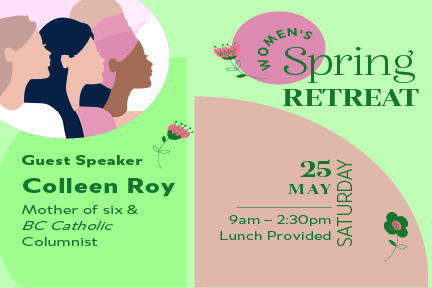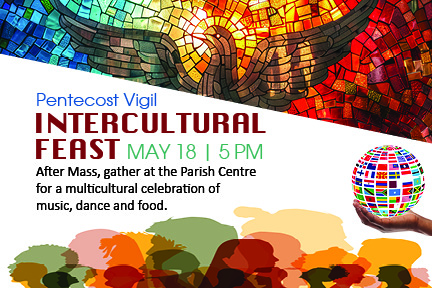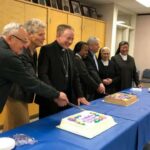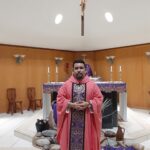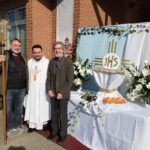By Fr. Hien Nguyen
The Church and Vocations
1.1 The Initiative
After more than a decade of having successfully written and published “the Basic Norms for Priestly Formation” by the recommendation of the First Synod
of Bishops in 1967, there was a need to “revise it after the promulgation of the new Code of Canon Law, and to include in it some, indeed, very few remendations, as new circumstances require.” The formation of the candidates has improved dramatically since the Second Vatican Council. However in recent years, with the tsunami of scandals concerning priests sexual abused and the constant changes of contemporary culture and society, there was, once again, an urge of returning to the theme of the priesthood and its formation. To respond to this need, the 1990 Synod of Bishops initiates the discussion to improve the formation of priesthood candidates who live in the world of rapid and constant evolution. The result was the superior work being produced called Pastores Dabo Vobis and the Program of Priestly Formation. “Attention has shifted from the question of the priest’s identity to that connected with the process of formation for the priesthood and the quality of priestly life.” This process of priestly formation rests on the four pillars of human, spiritual, intellectual, and pastoral formations. These pillars are the foundations on which the bishops of many individual dioceses produce their own program of priestly formation. Certainly, these pillars of formation also applicable to all human beings. Let us take a closer look at each of the dimensions.
1.2 Human Formation
Christian vocation is the communion between humanity and God in holiness. It is a dialogue which God initiates the calling and man responds to his invitation. In this dialogue there are two perspectives. The first concerns the objective pole – theological perspective of God who calls – and the second concerns the subjective pole – anthropological perspective of human who responds. It is the latter where we find inconsistency, immaturity, and human contradictory nature. Therefore it is important to prepare the motivation system in candidates to accommodate and respond to the call of God freely without being influenced from utilitarian motives but with selfless love and freedom of heart. This means that the candidate can integrate the two poles and live a life of self-transcendence and maturity. Human formation then is the basis of all priestly formations. This statement made by the synod fathers suggested that it is necessary to recognise that human being consists of body and soul, that is, it involves all his aspects: physical, psychic, and spiritual. Such a formation must cover and harmonise all dimensions. The Church is ever more conscious of the fact that the discoveries of secular science, primarily psychology and sociology, can help form a person to a greater and purer human maturity.
The basic principle of human formation is based upon the incarnation of Christ who redeems and restores humanity in the “living image of God” (Gen 1:27). Even more so is the candidate of the priesthood who is called to share the mission of Christ. “In order that his ministry may be humanly as credible and acceptable as possible, it is important that the priest should mould his human personality in such a way that it becomes a bridge and not an obstacle for others in their meeting with Jesus Christ the Redeemer of humanity.” The priest is an instrument who leads and introduces the people to God. Although he is “a conscious and free being, called to grow in a self-fulfillment leading to self-mastery and in freedom entailing responsibility,” he rises above his own interest to look out and care for the people as the Good
Shepherd. “The priest must never forget that he is a man chosen among men to be at the service of men.”




